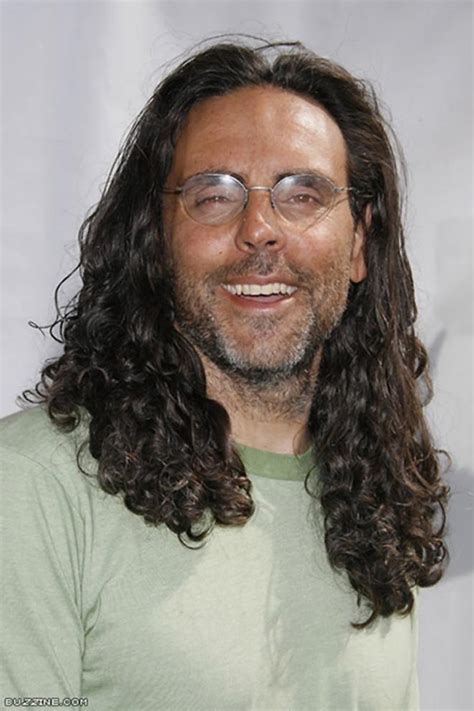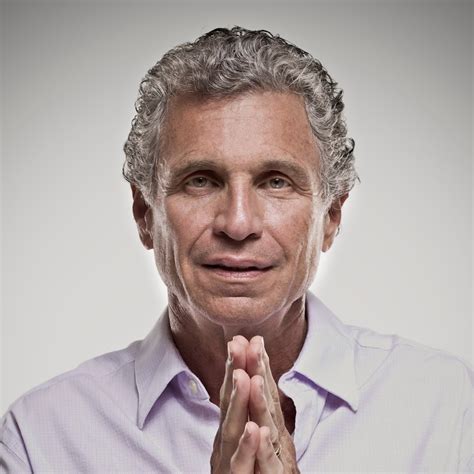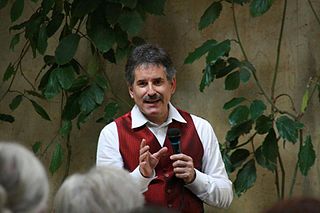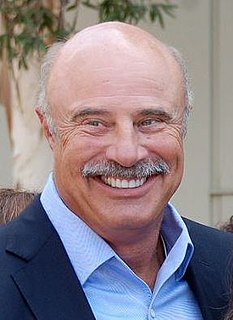A Quote by Dan Millman
To be authentic literally means to be your own author.
Related Quotes
The basis of national identity is to say, "This is authentic to me or my forebears," and is there even such a thing? How authentic is it to your life? Just because your grandfather did it, what does that have to do with you? If I say I'm working in the style of Rembrandt, so what? You can say it, but are you really? No, because when you try to literally copy a cultural artifact, you change it. It dissolves, and then who's looking at it? People who appreciate that kind of drawing, or people it means nothing to?
The authentic self is the best part of a human being. It's the part of you that already cares, that is already passionate about evolution. When your authentic self miraculously awakens and becomes stronger than your ego, then you will truly begin to make a difference in this world. You will literally enter into a partnership with the creative principle.
The reality is just the opposite: the master does nothing. It is in your becoming a disciple that the whole mystery lies. It is in your surrender of the ego that the whole search comes to an authentic point. It is in putting your mind aside. That is what sannyas is: an authentic discipleship. It means putting your mind aside. You have lived according to your mind up to now. If that is fulfilling, then there is no need for anybody to become a sannyasin.
Be your authentic self. Your authentic self is who you are when you have no fear of judgment, or before the world starts pushing you around and telling you who you're supposed to be. Your fictional self is who you are when you have a social mask on to please everyone else. Give yourself permission to be your authentic self.
Reading a book should be a conversation between you and the author. Presumably he knows more about the subject than you do; if not, you probably should not be bothering with his book. But understanding is a two-way operation; the learner has to question himself and question the teacher, once he understands what the teacher is saying. Marking a book is literally an expression of your differences or your agreements with the author. It is the highest respect you can pay him.

































